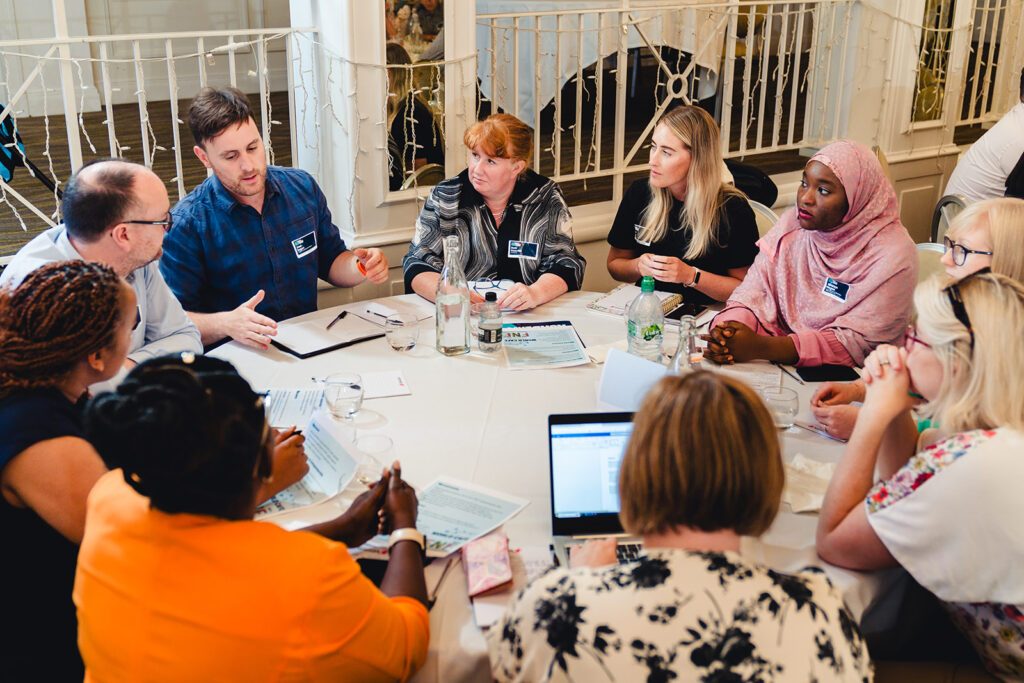Kate Stables is an operating department practitioner at Nuffield Health Plymouth Hospital, and alumni of FNF’s Green Healthcare Leadership Programme. In this blog, first published here in the Nursing Times, she shares why she believes it’s her, and every health professional’s, responsibility to step up as a sustainable leader within healthcare.

I’ve always had a passion for sustainability and protecting our beautiful planet across my 10-year career within the military, NHS and now at Nuffield Health Plymouth Hospital.
I was told by a colleague about the Green Healthcare Leadership Programme, co-created by Nuffield Health and the Florence Nightingale Foundation for nurses and health professionals.
I knew this would be a perfect opportunity for me to become more knowledgeable and involved in sustainable healthcare.
After applying and joining the programme in October 2023, I decided to focus the quality improvement project – a key part of the programme – on how I can make an impact within operating theatres.
Operating theatres have a huge environmental impact due to factors such as the consumption of resources and production of clinical waste. Although we cannot eliminate all waste produced within operating theatres, it is possible to reduce the volume of it and the impact that it has on the environment.
My project focused on moving from single-use laryngoscope handles in the anaesthetic room to a reusable alternative.
A laryngoscope is a single-use piece of equipment that is used to aid the intubation of a patient during anaesthesia. It is a plastic handle, which contains three button cell batteries and a small LED bulb. Once it has been used it is put into clinical waste.
In our three theatre departments, we created on average 156kg of clinical waste per year just from this one piece of equipment. That’s equivalent to a fully grown male giant panda.
The outcomes of my project were positive, with a reduction of clinical waste (including battery and plastic waste) and lowering carbon emissions significantly.
My nursing and clinical colleagues, both in theatres and the wider hospital team at Plymouth Hospital, supported my project and now it is being implemented across other Nuffield Health hospitals in the UK.
Already, I feel the learning and opportunities are pushing me to develop myself as not just a sustainable healthcare practitioner, but also a sustainable leader within healthcare.
Like all members of a clinical team, I understand the pressures we all face as we carry out our roles. When I look back during my 10-year career, I have not always acted in a sustainable way, taking the easier option to save time on occasions.
However, thanks to my learning as part of the Green Healthcare Leadership Programme, I now understand the impact of my actions, and I realise the importance of sustainable healthcare and I strive for a better future.
It’s my own and every health professional’s responsibility to step up and make this happen, whether that be by making sure the lights are switched off at the end of the day, using a recycling bin effectively or by educating ourselves about the impact we can have on sustainable healthcare.
If we can make small changes to our practice, I believe the impact that we can have overall will be monumental.
Find out about FNF’s Sustainability Subject Expert Group (SEG) here.
